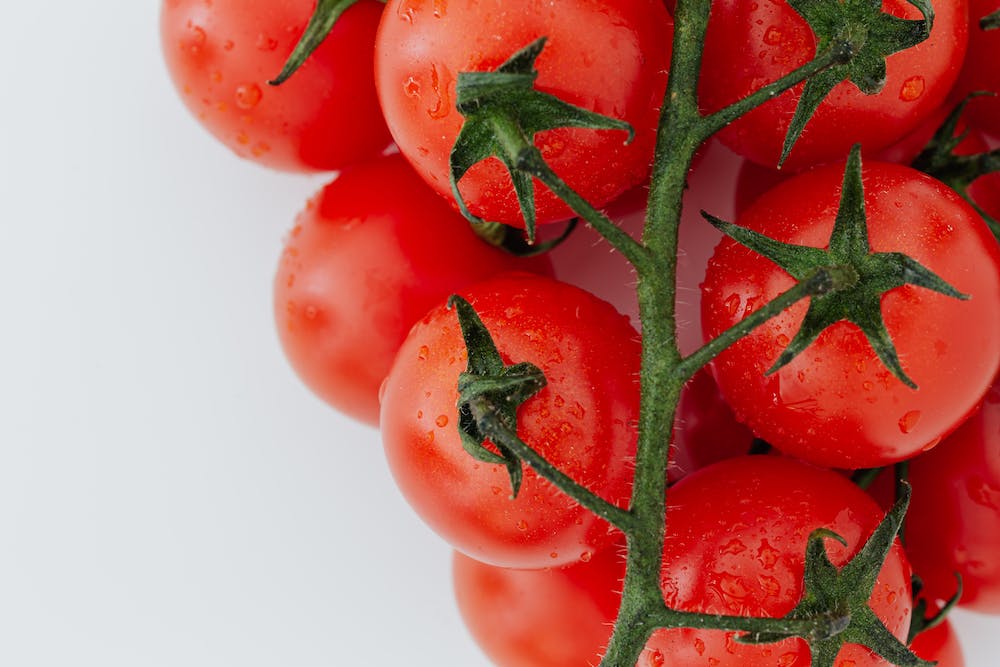Nutrition for Vegetarian and Vegan Lifestyles: Meeting Dietary Requirements
 Are you a vegetarian or a vegan who wants to eat healthily and meet your nutritional needs? If so, you might be wondering how to get enough protein, iron, calcium, vitamin B12, and other essential nutrients from plant-based foods. Well, you’re in luck! In this blog post, I’ll share with you some tips and tricks on how to plan a balanced and varied diet that supports your health and well-being.
Are you a vegetarian or a vegan who wants to eat healthily and meet your nutritional needs? If so, you might be wondering how to get enough protein, iron, calcium, vitamin B12, and other essential nutrients from plant-based foods. Well, you’re in luck! In this blog post, I’ll share with you some tips and tricks on how to plan a balanced and varied diet that supports your health and well-being.
 Protein: Protein is important for building and repairing tissues, making hormones and enzymes, and supporting your immune system. You can get plenty of protein from plant sources such as beans, lentils, tofu, tempeh, nuts, seeds, quinoa, and soy milk. Try to include a variety of these foods in your meals and snacks throughout the day. You don’t need to combine different types of plant proteins in the same meal to get a complete protein, as long as you eat a varied diet over the course of the day.
Protein: Protein is important for building and repairing tissues, making hormones and enzymes, and supporting your immune system. You can get plenty of protein from plant sources such as beans, lentils, tofu, tempeh, nuts, seeds, quinoa, and soy milk. Try to include a variety of these foods in your meals and snacks throughout the day. You don’t need to combine different types of plant proteins in the same meal to get a complete protein, as long as you eat a varied diet over the course of the day.
 Iron: Iron is essential for making red blood cells that carry oxygen around your body. It also helps prevent anemia, which can cause fatigue, weakness, and poor immunity. Plant sources of iron include leafy green vegetables, dried fruits, whole grains, fortified cereals, beans, lentils, tofu, nuts, seeds, and molasses. To enhance the absorption of iron from plant foods, eat them with foods rich in vitamin C, such as citrus fruits, berries, tomatoes, peppers, broccoli, and kiwi. Avoid drinking tea or coffee with your meals, as they can reduce iron absorption.
Iron: Iron is essential for making red blood cells that carry oxygen around your body. It also helps prevent anemia, which can cause fatigue, weakness, and poor immunity. Plant sources of iron include leafy green vegetables, dried fruits, whole grains, fortified cereals, beans, lentils, tofu, nuts, seeds, and molasses. To enhance the absorption of iron from plant foods, eat them with foods rich in vitamin C, such as citrus fruits, berries, tomatoes, peppers, broccoli, and kiwi. Avoid drinking tea or coffee with your meals, as they can reduce iron absorption.
 Calcium: Calcium is important for maintaining strong bones and teeth, as well as for muscle and nerve function. You can get calcium from plant sources such as fortified plant milks and yogurts, tofu made with calcium sulfate, kale, bok choy, broccoli, almonds, sesame seeds, tahini, figs, and oranges. You can also take a calcium supplement if your intake is low or if you have a higher risk of osteoporosis.
Calcium: Calcium is important for maintaining strong bones and teeth, as well as for muscle and nerve function. You can get calcium from plant sources such as fortified plant milks and yogurts, tofu made with calcium sulfate, kale, bok choy, broccoli, almonds, sesame seeds, tahini, figs, and oranges. You can also take a calcium supplement if your intake is low or if you have a higher risk of osteoporosis.
 Vitamin B12: Vitamin B12 is vital for the production of DNA and the maintenance of healthy nerves and blood cells. It is only found naturally in animal products, so vegetarians and vegans need to get it from fortified foods or supplements. Fortified foods that contain vitamin B12 include some plant milks and yogurts, cereals, nutritional yeast, and meat alternatives. You can also take a vitamin B12 supplement in the form of cyanocobalamin or methylcobalamin. The recommended intake for adults is 2.4 micrograms per day.
Vitamin B12: Vitamin B12 is vital for the production of DNA and the maintenance of healthy nerves and blood cells. It is only found naturally in animal products, so vegetarians and vegans need to get it from fortified foods or supplements. Fortified foods that contain vitamin B12 include some plant milks and yogurts, cereals, nutritional yeast, and meat alternatives. You can also take a vitamin B12 supplement in the form of cyanocobalamin or methylcobalamin. The recommended intake for adults is 2.4 micrograms per day.
 Other nutrients: Besides the ones mentioned above, there are some other nutrients that you might want to pay attention to as a vegetarian or vegan. These include zinc, iodine, omega-3 fatty acids, vitamin D, and selenium. You can get these nutrients from plant sources such as whole grains, nuts, seeds, seaweed, flaxseeds, chia seeds, walnuts, mushrooms exposed to sunlight or UV light (or fortified with vitamin D), and Brazil nuts. You can also take a multivitamin or a specific supplement if needed.
Other nutrients: Besides the ones mentioned above, there are some other nutrients that you might want to pay attention to as a vegetarian or vegan. These include zinc, iodine, omega-3 fatty acids, vitamin D, and selenium. You can get these nutrients from plant sources such as whole grains, nuts, seeds, seaweed, flaxseeds, chia seeds, walnuts, mushrooms exposed to sunlight or UV light (or fortified with vitamin D), and Brazil nuts. You can also take a multivitamin or a specific supplement if needed.
 As you can see, it is possible to meet your dietary requirements on a vegetarian or vegan diet with some planning and knowledge. By eating a variety of plant foods and including some fortified foods or supplements in your diet (if necessary), you can enjoy the benefits of a healthy lifestyle without compromising your nutrition.
As you can see, it is possible to meet your dietary requirements on a vegetarian or vegan diet with some planning and knowledge. By eating a variety of plant foods and including some fortified foods or supplements in your diet (if necessary), you can enjoy the benefits of a healthy lifestyle without compromising your nutrition.






